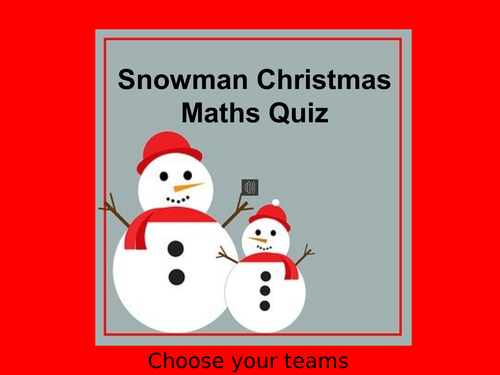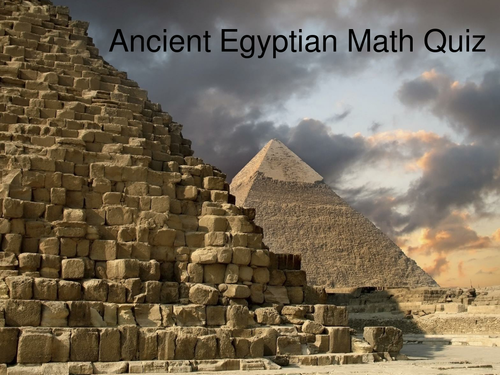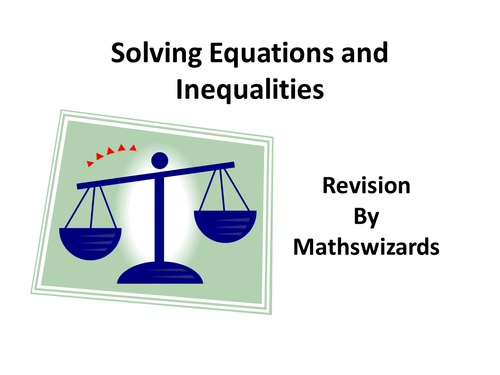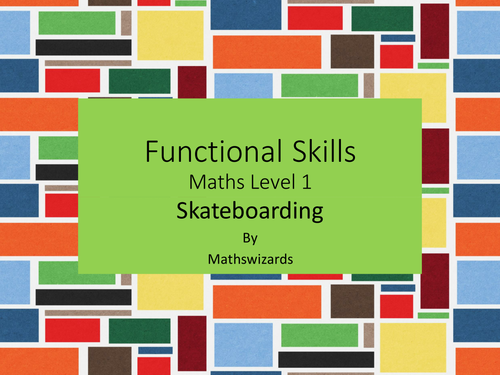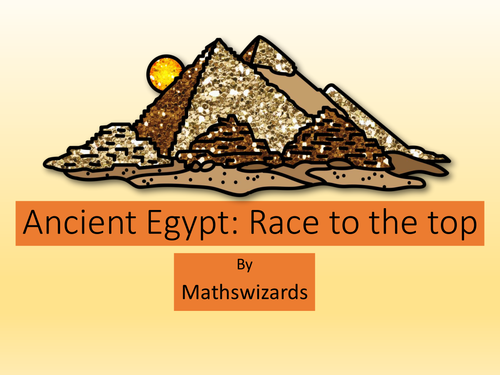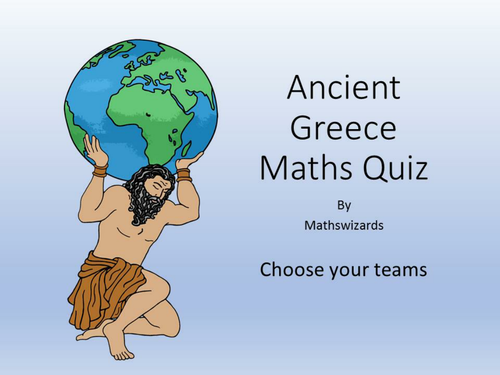Mathswizards
Mathswizards products have been developed for busy teachers who require well produced material. I worked as a specialist mathematics teacher for over 30 years and I also developed my own Mathswizard clubs for primary aged pupils. The products are mainly Power Points but not exclusively. They are usually games, puzzles and quizzes or activities built around a theme. The Taster products showcase an activity from the full length resource. I have had my work included in the KS4 Maths Boardworks.


